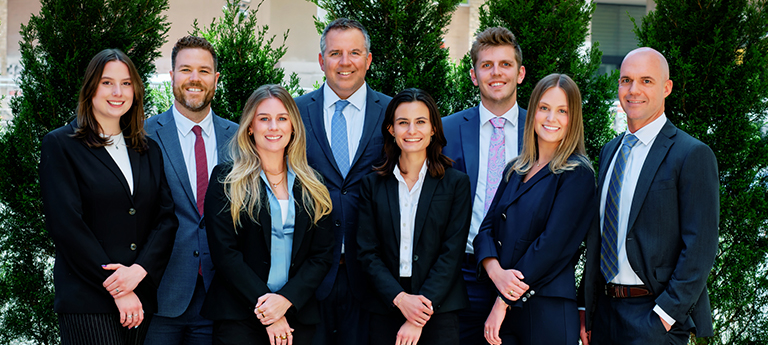
Colorado Statutes
In Colorado, district attorneys may have the power to direct file adult criminal charges against juveniles only under certain circumstances. The statutes governing the prosecution of juveniles as adults are found in Title 19 of the Colorado Revised Statutes (C.R.S.), specifically:
C.R.S. § 19-2.5-801 – Direct Filing: This statute outlines the circumstances under which a district attorney may file charges against a juvenile directly in district court, effectively prosecuting the juvenile as an adult. It specifies age and offense criteria for such direct filings.
C.R.S. § 19-2.5-802 – Transfers: This section details the procedures and criteria for transferring a juvenile case from juvenile court to district court. It includes considerations for the juvenile’s age, the nature of the alleged offense, and the juvenile’s prior delinquency history.
COLORADO PUBLIC LAW
C.R.S. § 19-2.5-305 – Detention and Shelter: While primarily focused on detention procedures, this statute also addresses the confinement of juveniles who are to be tried as adults, specifying restrictions on holding such juveniles in adult facilities.
Why Being Charged as an Adult Matters
The key difference between juvenile and adult courts is in the purpose and outcome. Rehabilitation is the primary goal of juvenile court. Ideally, minors accused of crimes get a chance to correct their behavior and reintegrate into society. Penalties often involve counseling, probation, or time in a juvenile detention facility until the minor reaches a certain age. And while many believe that nobody will know if a crime was committed by a juvenile, schools, employers, or the military can still access juvenile records in certain circumstances.
In adult court, however, the focus shifts to punishment. This means that juveniles tried as adults face the same penalties as adult offenders. This can include long-term imprisonment in adult correctional facilities. Moreover, a conviction in adult court results in a permanent criminal record, which can affect the juvenile’s ability to find employment, pursue higher education, or even find housing later in life.
Importance of Working with an Attorney
Regardless of whether authorities charge someone in juvenile or adult court, it’s crucial to work with an experienced attorney. A lawyer will protect the juvenile’s legal rights. They’ll also argue to keep the case in juvenile court. Even a judge transfers the case to adult court, an attorney can negotiate for reduced charges, alternative sentencing, or other legal strategies that can lessen the long-term impact of a conviction.
Juvenile crimes are serious. The potential for being charged as an adult adds an extra layer of risk. Having a qualified attorney by your side ensures that every possible defense is explored, and the future of the juvenile is protected. If you have questions or you’d like to speak to someone about your circumstances, contact the Juba Law Office.












